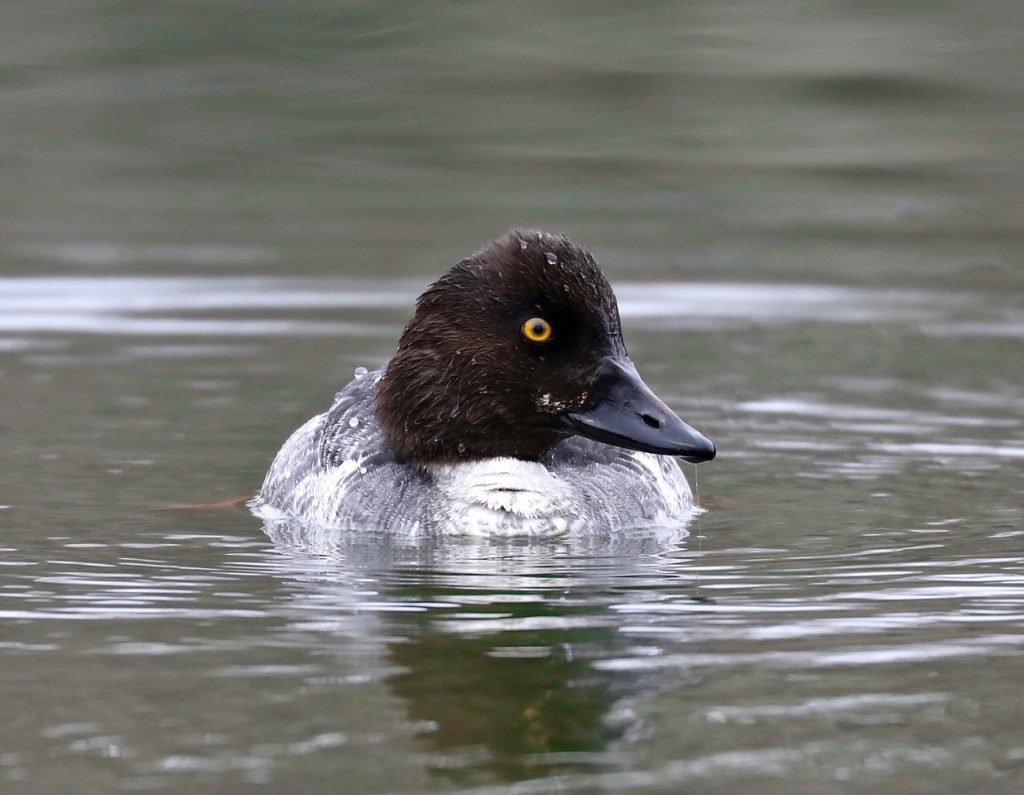
Photo by Mary Sonis.
We need clean water to live: it sustains our lives and our community. Conserving the land that filters our water is one of the most cost-efficient strategies to protect drinking water; it lowers drinking water treatment costs, minimizes vulnerability and damage from natural disasters, sustains recreational and tourism opportunities, protects biodiversity, reduces the need for expensive restoration work, and supports job growth.
For over 13 years, the City of Raleigh has been a leader in the nation with its efforts to protect land that filters drinking water through its Watershed Protection Program. TLC is proud to be a partner in this collaboration with the City of Raleigh, Eno River Association, Ellerbe Creek Watershed Association, the Conservation Trust for NC, the Tar River Land Conservancy, and several other nonprofits and local governments.
In 2005, the Raleigh Watershed Protection Program (WPP) partners identified 260,000 priority acres and have since protected 10,000 acres in the Upper Neuse Watershed, along 100 miles of streams. The group now has a goal of protecting 30,000 acres in the next 30 years. These lands first and foremost protect water quality, but also provide other benefits such as farm land, park land, and wildlife habitat protection.
Raleigh, Wake Forest, Garner, and Knightdale water customers have invested $13.9 million in the WPP through water fees to the program, and the value of the property protected is appraised at $92 million. That’s an extraordinary return on investment: a 7 to 1 match in 13 years!
We’re thrilled that the City of Durham recently launched a similar program to conserve land that protects water flowing into the Lake Michie and Little River Water Supply Reservoirs. This same water eventually flows to Falls Lake, too.
If you trace your tap water from Durham or Raleigh, it may have come from Northeast Park, Little River Regional Park, or one of TLC’s many conservation easements in northern Orange and Durham Counties, which protect headwater streams. These streams look small, but ensure that your water gets a good clean start.
The next time you turn on your tap or drink a refreshing beverage bottled in the Triangle, think about the journey to your glass. We like to think that the TLC office tap water started its journey at an easement TLC holds on a small tract at the mouth of the Little River Reservoir in Durham County. Water fees in Durham and Raleigh helped protect this land which filters water and also permanently protects a unique gorge that is a haven for bird species such as Great Blue Herons and Kingfishers, and on which we can all enjoy a paddle (pictured at right).
Or perhaps Fullsteam’s Brumley Forest Baltic Porter, which includes not only walnut and hickories foraged from Brumley, but also a little water that had a great start on our 708-acre Horton Grove Preserve. Or that the Walnut Hill Saison, brewed by Trophy in Raleigh, included not only foraged wood sorrel, but also water that may have started its life at our Brumley Preserve, which has over 21,000 feet of stream (like the one shown on the right) and was funded in part by watershed protection funds.
Brumley Preserve, which is owned by TLC with a conservation easement held by the Eno River Association, puts open space to good use. At Brumley, we help to maintain clean water for Raleigh and help protect an important wildlife corridor between the Neuse and Cape Fear River Basins while thousands of people a year enjoy 15 miles of hiking and mountain biking trails.
If you’re drinking water in Pittsboro, Cary or anywhere else in the Cape Fear watershed, you’ll be pleased to know that TLC is working with partners to develop a similar program in your watershed as part of Jordan Lake One Water. In the coming years, we hope these efforts in the Upper Cape Fear will provide all of our water in the Triangle the best start possible.
There are a lot of people at nonprofits, universities, and government entities working to safeguard clean drinking water: from keeping pollution out to cleaning up after, and everything in between. What TLC does is just one piece of that puzzle, but we think it’s important because we protect watersheds and support local farmers to grow your food, protect wildlife habitat, and provide you with beautiful places to hike, bike and play.
We are proud to look back at our work with many partners over the past 13 years and realize that our combined efforts have helped permanently protect over 10,000 acres and 100 miles of stream in the Upper Neuse.
